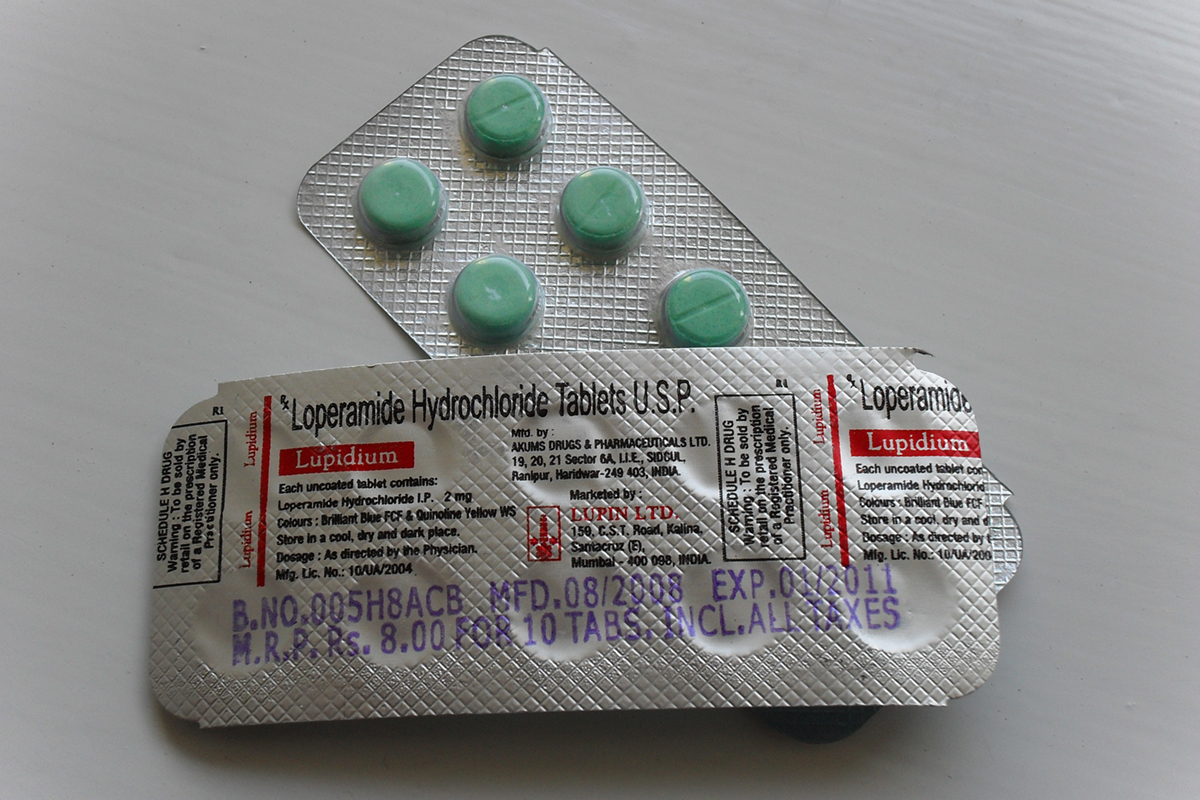
Use of Loperamide
Loperamide is a medication that is used in case of diarrhea. It actually decelerates the rhythm of digestion allowing the small intestines to absorb food properly. It is additionally used in patients who have undergone ileostomy.
Gastrointestinal Side Effects
Most common gastrointestinal side effects of loperamide are nausea, vomiting and dyspepsia. Patient may additionally complain about constipation, abdominal cramps and pain in the abdomen. Generally abdominal discomfort may occur. The abdomen may be bloated. Lack of appetite is another possible side effect of this medication. Insufficient production of saliva may lead to dry mouth.
In rather rare cases, loperamide can lead to ileus which is a disruption of normal gastrointestinal passage. Paralytic ileus most commonly occurs in dysentery and if loperamide is used in higher doses.
Nectoritizing enterocolitis can affect small number of patients. This condition can even lead to perforation of small intestines.
Toxic megacolon is a side effect that was reported in patients who had been suffering from ulcerative colotis and pseudomembranous colitis caused by antibiotics.
Loparamide was even connected with appendicitis. This side effect affected one woman who suffered from diarrhea and took higher dose of the medication. Appendicitis in her case can be easily explained by increased formation of fecalith which finally led to inflammation of the appendix.Majority of side effects are not actually connected to the medication but are the symptoms of the primary disease.
Nervous System Side Effects
If taken in higher doses than recommended loperamide may lead to depression of central nervous system. In rather rare cases loperamide may cause exhaustion, lightheadedness and lethargy.
Hypersensitivity
The most common reaction related to hypersensitivity is rash. Additionally, in extremely rare cases loperamide may cause anaphylactic shock or anaphylactoid reactions.
Dermatological Side Effects
In some patients loperamide may cause skin rash, itchy skin, urticaria and angioedema. Even Steven-Johnson syndrome, erythema multiforme and toxic epidermal necrolysis have been reported but in rather rare occasions.
Genitourinary Side Effects
One more side effect of loperamide is retention of urine.
The best way to prevent some possible side effects is to take the medication as it has been prescribed. The treatment in acute diarrhea lasts 2 days while in chronic diarrhea loperamide can be used maximum 10 days. During the treatment the patient is supposed to drink plenty of water to prevent dehydration.
Precautions
People who are suffering from liver disease, ulcerative colitis and have allergic reactions to some medications should avoid loperamide. The reason for that is that loperamide can cause drowsiness. One must not drive or operate heavy machinery while talking the medication. Special precaution is taken if the drug is administered in children and in pregnant women.

















Your thoughts on this
Loading...